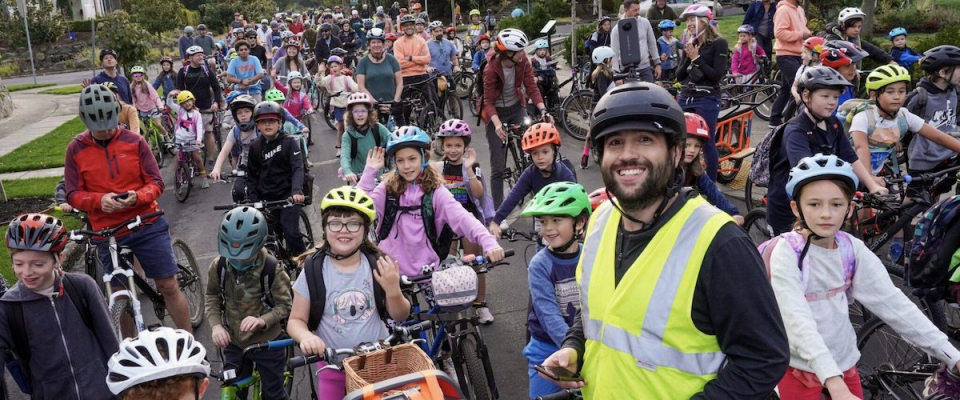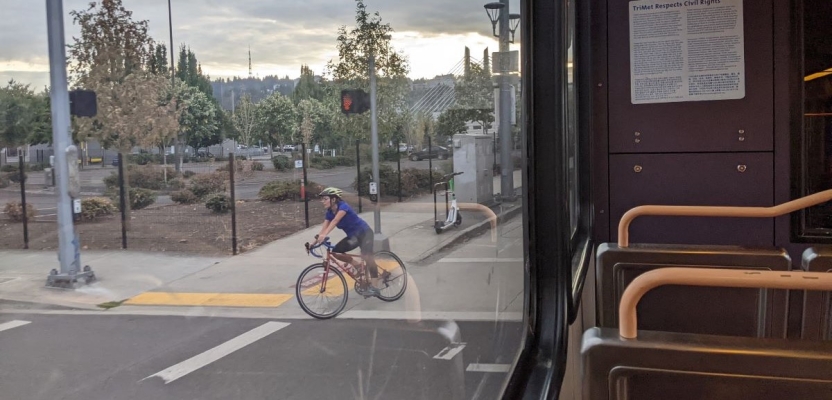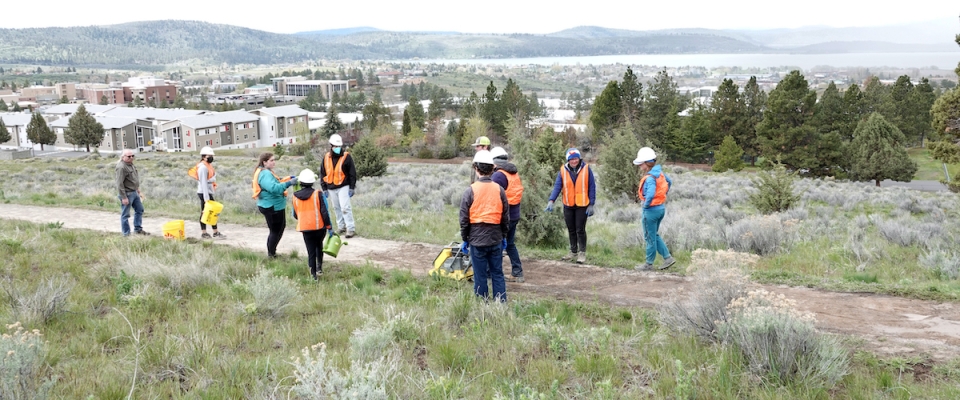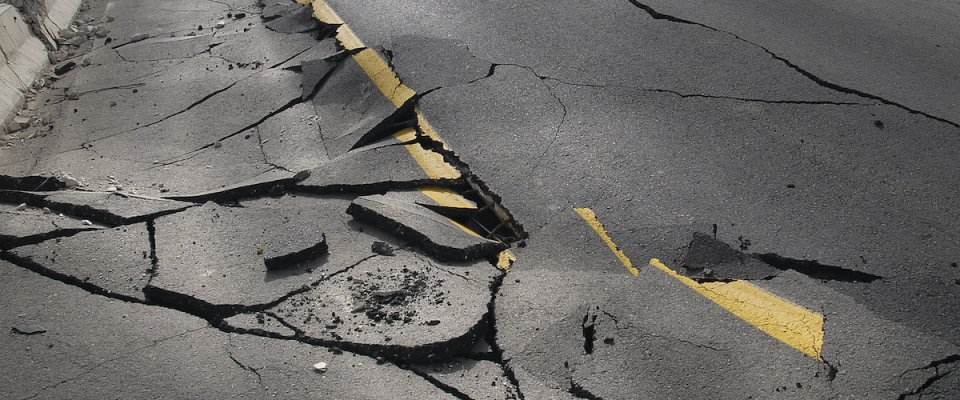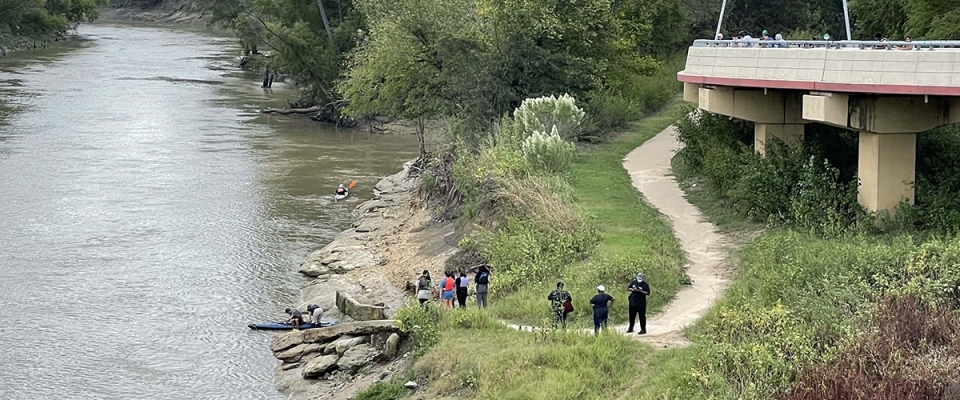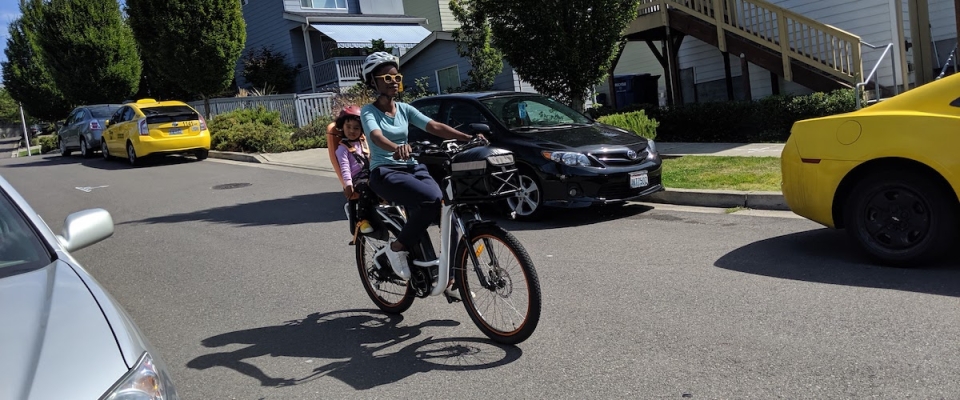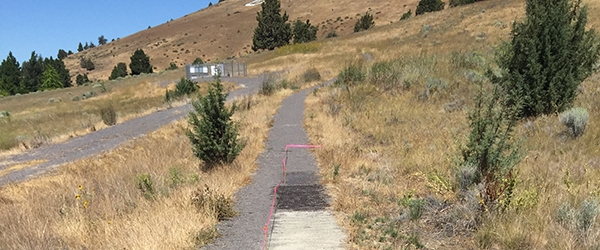The trip to and from school is made by nearly every child in Oregon every school day. Bike and walk buses, organized groups of school children, parents, and ride/walk leaders, seek to encourage biking and walking to school. A new research project at Portland State University's Transportation Research and Education Center (TREC) will gather information on bike buses nationwide, inspired by the success of Sam Balto's bike bus initiative at Alameda Elementary School in Portland, Oregon.
Balto, a physical education teacher, catapulted into the limelight in 2022 after establishing a weekly bike bus involving over 100 students commuting to school on two wheels. Its success and popularity prompted a broader initiative to understand and promote the benefits of bike and walk buses across the United States.
Researchers John MacArthur and Nathan McNeil, along with Evan Howington, a student in the Master of Urban and...
Read more
